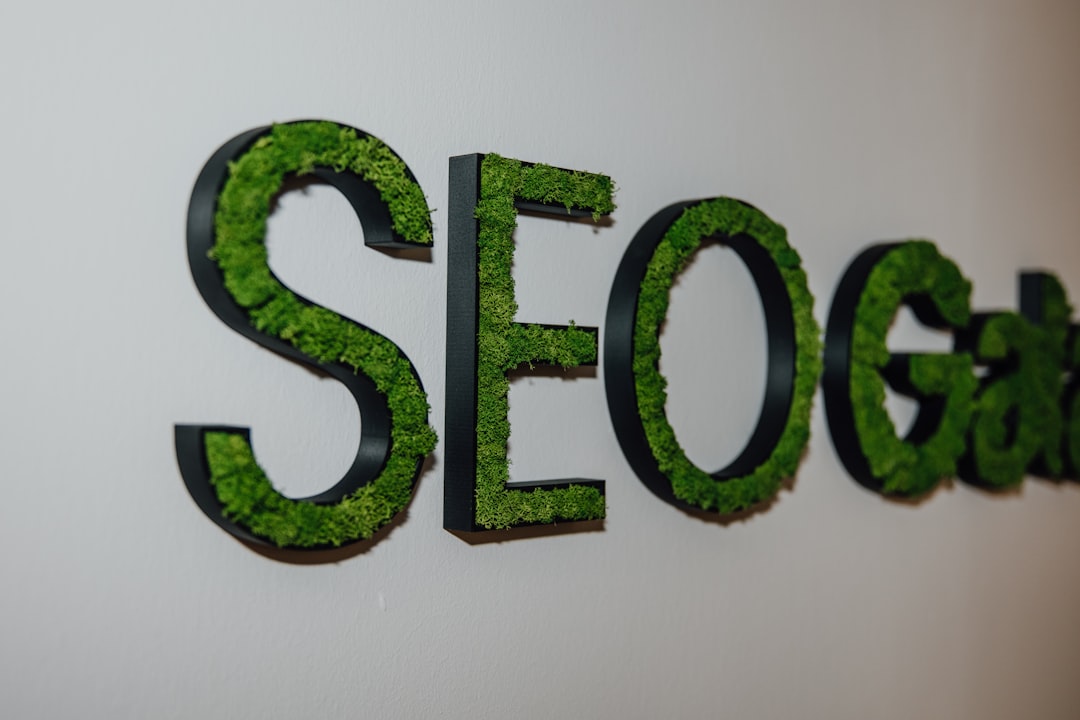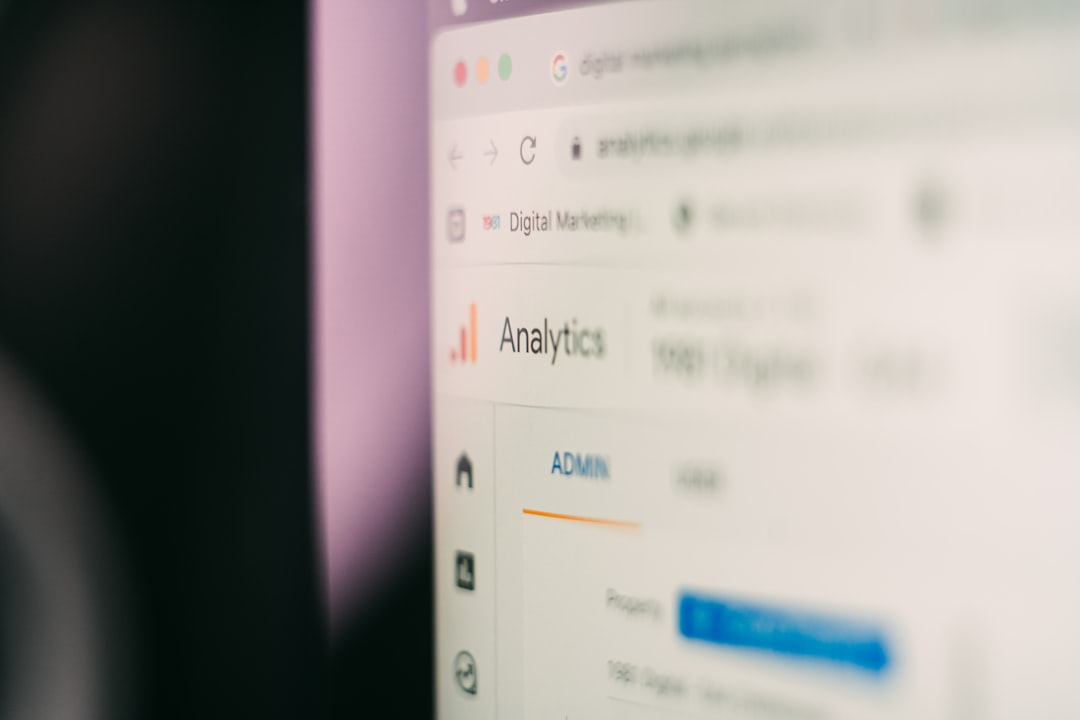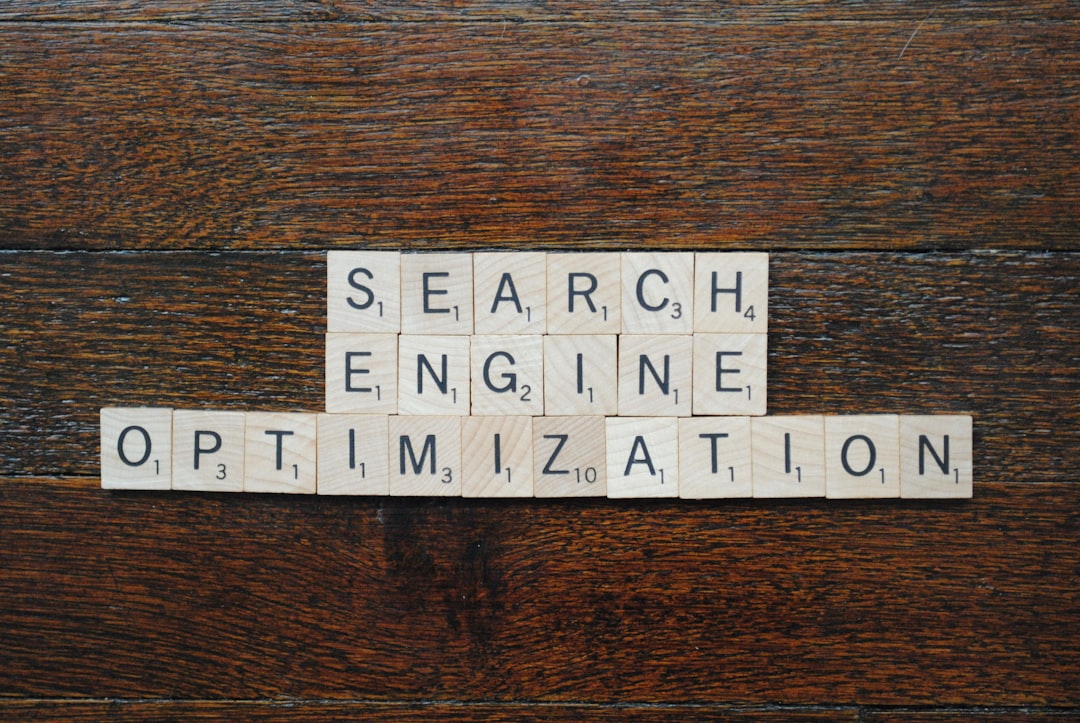Artificial Intelligence, or AI, is reshaping the way we interact with technology, disciplines, and industries, including digital marketing. In simplest terms, AI refers to the simulation of human intelligence in machines that are programmed to think, learn, and solve problems. These systems mimic cognitive functions such as understanding language, identifying patterns, and making decisions. Although AI might sound complex or futuristic, it is already a stable foundation of tools we use every day — from voice assistants to real-time traffic updates.
In the realm of Search Engine Optimization (SEO), AI has emerged as a potent force, offering automated, scalable, and highly effective solutions. Digital marketers and SEO professionals are leveraging AI to gain better insights, improve rankings, and streamline workflows. Let’s examine three key ways AI is being used in SEO and why its role is becoming increasingly indispensable.
1. Content Generation and Optimization
One of the most significant applications of AI in SEO is the ability to generate and optimize content. AI-driven platforms analyze hundreds of top-ranking pages to identify the best keywords, structure, tone, and length needed to compete effectively. These tools don’t just automate content creation; they enhance it.
For example, platforms like Jasper, Copy.ai, and Surfer SEO utilize machine learning algorithms to:
- Generate content outlines and topics based on high-performing SERPs
- Suggest semantic keywords and phrases to include for higher relevance
- Optimize existing content by highlighting gaps or outdated information
This allows brands to produce data-backed content at scale while maintaining quality and relevance — two critical factors in today’s highly competitive SEO environment.

2. Search Intent and User Behavior Analysis
Understanding search intent is crucial for ensuring your content satisfies a user’s query. This is where AI excels. By analyzing historical search data, click-through rates, session durations, and other behavioral patterns, AI tools can accurately interpret what users are truly looking for when they type in certain queries.
AI helps SEO professionals:
- Group keywords by user intent categories (informational, transactional, navigational)
- Prioritize content ideas that align with what audiences want
- Personalize content or landing pages based on behavioral segments
Google’s AI systems, including RankBrain and BERT, already use these advanced techniques to ensure only the most relevant and high-quality results appear for a given search. To keep up, SEO strategies must now align with how AI interprets user behavior — not just with traditional keyword stuffing or backlinking tactics.

3. Technical SEO and Automation
AI is also transforming technical SEO by automating tasks that once required hours of manual work. From crawling websites to identifying structural issues, AI-enabled tools help webmasters ensure their sites meet the technical standards required by modern search engines.
Some common AI-based technical SEO features include:
- Automated site audits that detect broken links, crawl errors, and poor mobile performance
- Log file analysis to understand how bots are crawling a website
- Optimization suggestions for improving page load speed, schema markup, and core web vitals
Automation not only saves time but provides continuous performance monitoring. For example, tools like Screaming Frog, Sitebulb, and SEMrush are integrating AI to offer smarter diagnostics and recommendations. With accurate and actionable data, SEO professionals can act faster and with greater confidence.
The Future of AI in SEO
AI is no longer a “nice-to-have” in the SEO toolkit; it’s becoming a necessity. As search engines become more sophisticated in their algorithms, understanding and integrating AI will be essential for staying competitive online. From content creation and technical audits to behavioral insights, AI helps streamline processes and delivers results that were once only possible through exhaustive manual effort.
By implementing AI strategically, businesses can improve their online visibility, provide a better user experience, and adapt more quickly to changes in the search landscape. As these technologies continue to evolve, the companies that fully embrace AI-driven SEO will lead the way in digital visibility and consumer trust.
 ai future trends, digital marketing evolution, seo technology[/ai-img>
ai future trends, digital marketing evolution, seo technology[/ai-img>
In conclusion, AI is not just transforming SEO; it’s redefining it. By understanding its core applications — content generation, search intent analysis, and technical automation — businesses can harness its full potential to improve search rankings and stay ahead of the digital curve.
